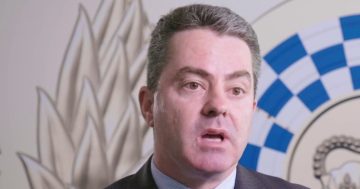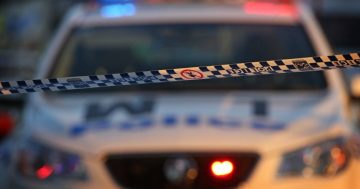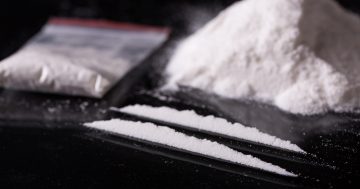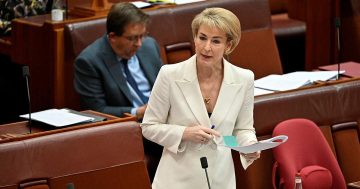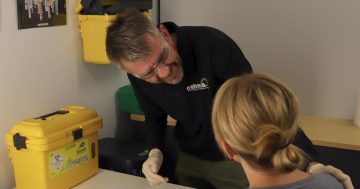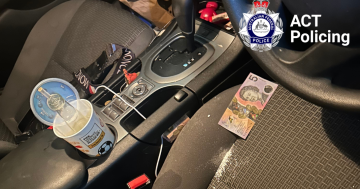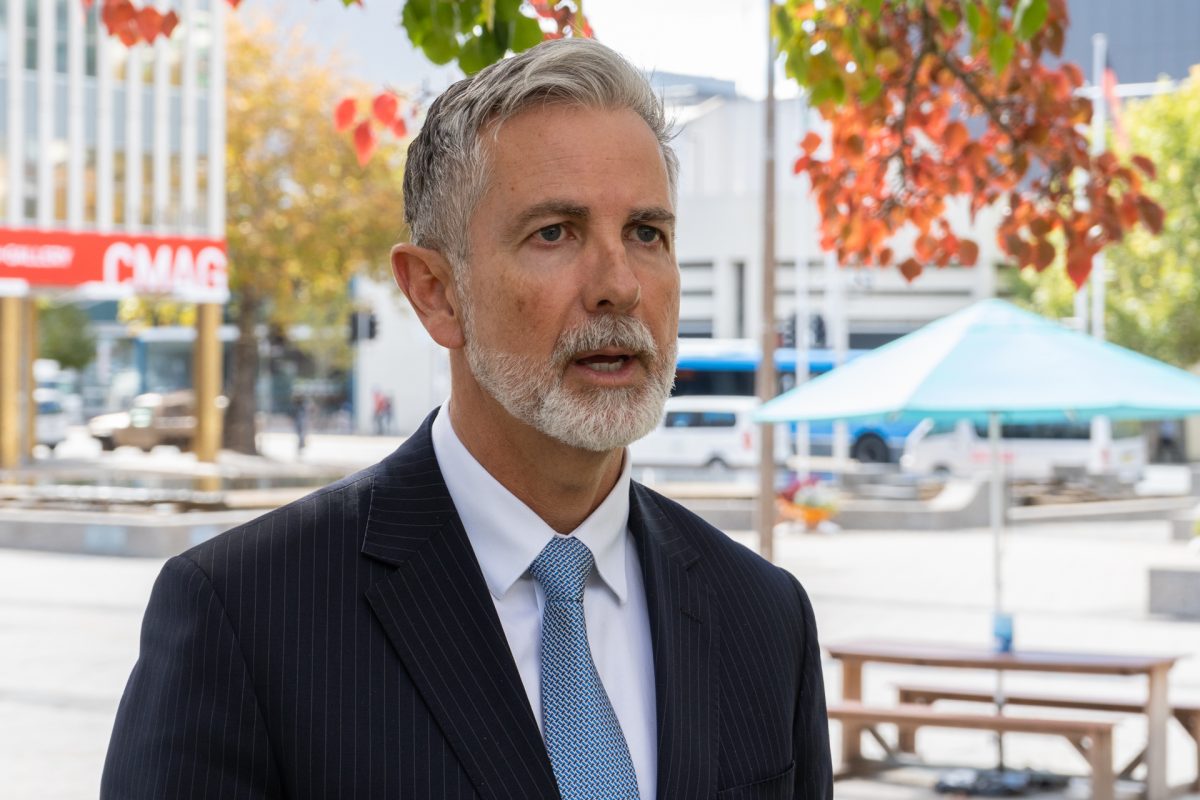
Deputy Opposition leader Jeremy Hanson says plans to decriminalise drugs of dependence could create significant harm in the community. Photo: Region.
Laws before the ACT Assembly to decriminalise heroin, methamphetamines and other hard drugs are deeply flawed. They will not reduce harm but will likely lead to increased drug use and increased crime in the ACT.
In the words of the AFP Commissioner, these laws will make for “a far more dangerous environment” for police and lead to “a more dangerous society”.
An Assembly committee conducted an inquiry into these laws and the evidence collected made a compelling case against decriminalisation.
This was ignored by the Labor and Greens members who are in an endless competition to enact the most ‘progressive’ laws in the ACT regardless of how flawed they are and how many more young people will become addicted to drugs as a result.
The inquiry showed that drug use is on the decline in Canberra. In other words, the current suite of policies is working.
The gaps in the current system are not drug enforcement laws but drug treatment services that are woefully, inadequately resourced and staffed. Waiting times are long and only about half the people seeking treatment can access services.
Decriminalisation will put even more strain on already stretched drug treatment services by making drugs more available. In fact, the AFP Commissioner has warned of ‘narco tourism’ as has been seen in other jurisdictions across the world. Some of these jurisdictions are now reversing their policies.
The only people who will benefit from this exercise are organised criminals and drug dealers. As the Federal Police Association says of these laws, “the government may as well write a cheque for organised crime and roll out the welcome mat”.
The proposed laws will not stop addicts being prosecuted and jailed just for drug use, which is one of the arguments for this law to change, because that is not actually happening now.
The evidence to the inquiry showed that people caught with small amounts of illicit drugs are currently not jailed. They only face prosecution for drug offences when they are arrested and charged for other crimes such as armed robbery. Police already divert users to drug treatment, which has proved very successful.
The ACT Law Society has pointed out that “the Bill will have minimal effect on driving drug users from the criminal justice system”. However, if you take away the possibility of prosecution and jail, how many addicted heroin and meth users will now voluntarily access those drug treatment services?
Desperate addicts who often need to be forced to enter drug treatment will no longer do so. This will be compounded by the large amounts of drugs that this law considers ‘personal use’, which may enable drug dealers.
The impact on road safety has also been highlighted by the Federal Police Association as more people affected by drugs will be driving on our roads. This will further stretch our police and cause harm through increased road trauma.
People on the frontline of health services have also raised their objections to decriminalising hard drugs.
In their submission to the inquiry, the Pharmacy Guild of Australia (ACT Branch) observed that “decriminalisation of dangerous drugs may increase use and therefore increase the presentation of people at treatment centres and pharmacies, and increase the burden on the Territory’s resources over time”.
They suggested the ACT Government continue to focus on the current treatment and harm minimisation programs and increase focus on early intervention and education programs.
In his thoughtful dissenting report to the decriminalisation committee inquiry, Liberal MLA Peter Cain made the case that the legislation should not be passed for five compelling reasons:
- The laws are simplistic and actually require a complex whole of government approach.
- The laws fail to consider the risks of increased crime and trafficking that will result from decimalisation.
- The laws remove an important deterrence to drug use.
- The laws fail to recognise the success of existing diversion to treatment.
- The laws are in conflict with Commonwealth legislation.
Decriminalising hard drugs will undo the elements of drug policy that are working well while increasing crime, addiction rates, road trauma and stretching already overloaded treatment services.
Instead of this naive grandstanding exercise, the ACT Government should properly resource ACT Policing, which is chronically short-staffed, and properly invest in underfunded drug treatment services.
Unfortunately, the ACT Government will likely pass this legislation and announce that they are ‘reducing harm’ when, in fact, they are doing the very opposite.
Jeremy Hanson is a Liberal MLA for Molonglo and deputy leader of the Opposition in the Legislative Assembly.













